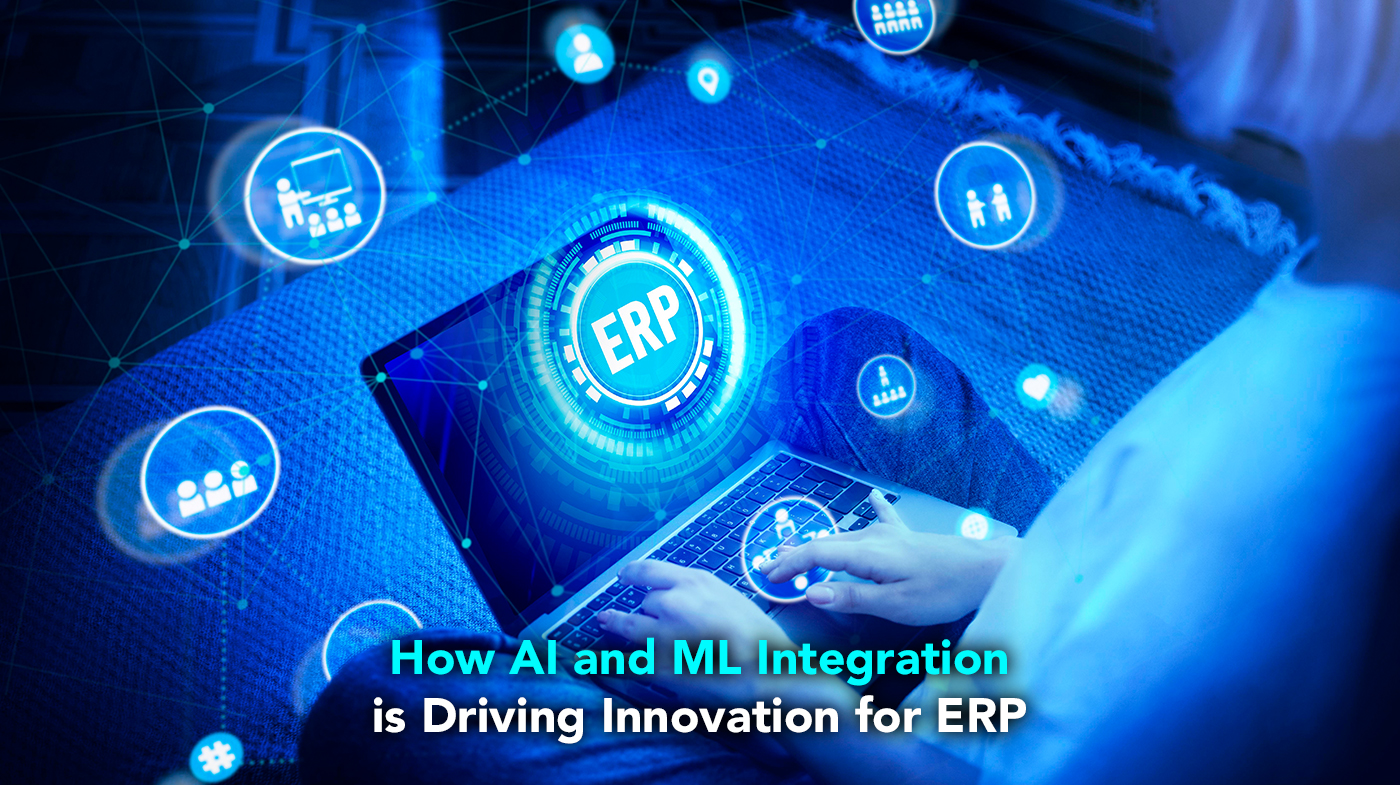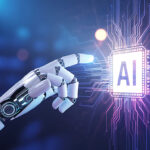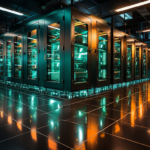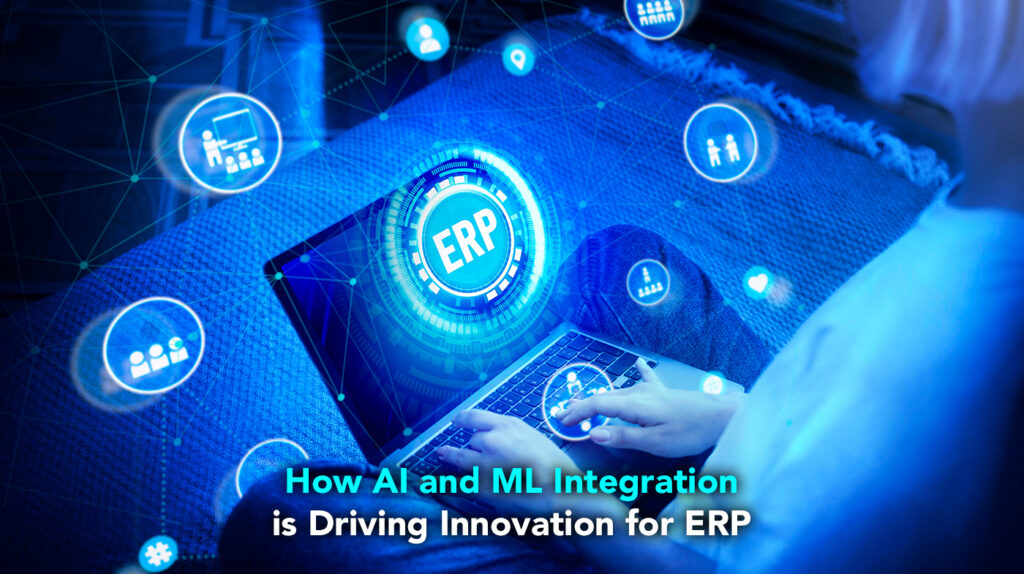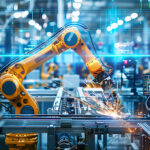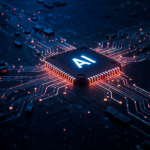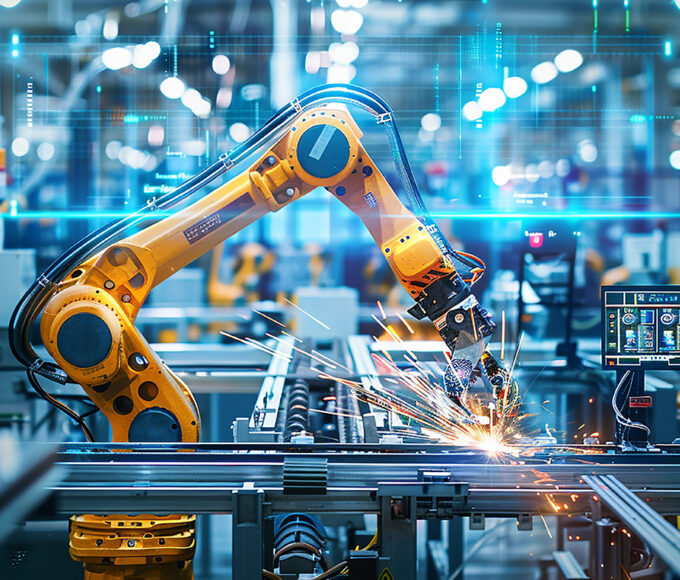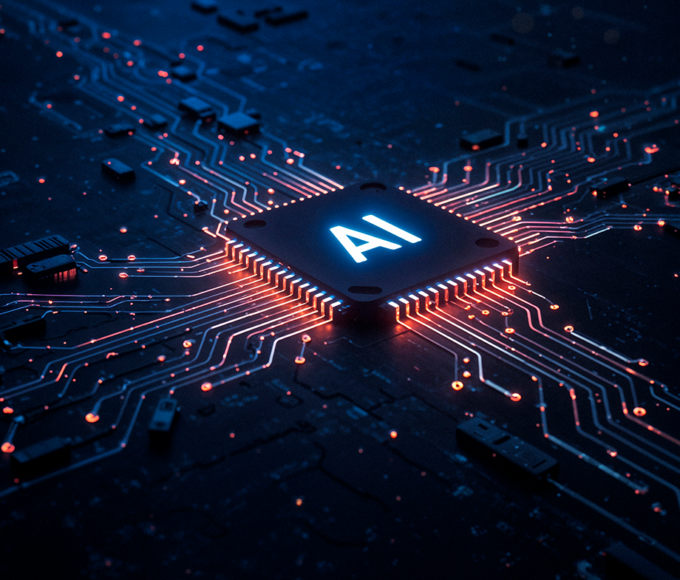Automation of Repetitive Tasks
One of the most significant advantages of AI in ERP is process automation. Routine, time-consuming tasks that once required manual intervention can now be handled autonomously, freeing employees to focus on strategic initiatives.
Invoice Processing: AI-powered optical character recognition (OCR) extracts data from invoices, matches them with purchase orders, and processes payments without human input.
HR Automation: ML algorithms screen resumes, schedule interviews, and even predict employee attrition, improving talent management.
Customer Service: Chatbots integrated with ERP systems handle routine queries, process orders, and escalate complex issues to human agents.
By reducing manual workloads, businesses achieve higher efficiency, lower operational costs, and fewer errors.
Personalized Customer Experiences
AI-driven ERP systems analyze customer interactions, purchase history, and preferences to deliver hyper-personalized experiences.
Dynamic Pricing: ML models adjust pricing in real-time based on demand, competitor pricing, and customer behavior.
Recommendation Engines: ERP-integrated AI suggests relevant products or services, increasing cross-selling and upselling opportunities.
Sentiment Analysis: Natural Language Processing (NLP) evaluates customer feedback from emails, chats, and social media, allowing businesses to respond proactively.
These AI-powered insights help companies build stronger customer relationships and drive loyalty.
Improved Risk Management and Compliance
Regulatory compliance and risk mitigation are critical for businesses, especially in finance, healthcare, and manufacturing. AI-enhanced ERP systems strengthen governance by:
Fraud Detection: ML algorithms identify unusual transaction patterns, flagging potential fraud before it escalates.
Regulatory Compliance: AI continuously monitors legal changes and automatically updates compliance protocols within the ERP system.
Quality Control: In manufacturing, AI-powered vision systems detect defects in real-time, reducing waste and ensuring adherence to quality standards.
By automating compliance checks and risk assessments, businesses minimize penalties and enhance operational integrity.
Intelligent Supply Chain and Inventory Management
AI and ML bring unprecedented agility to supply chain operations by:
– Predictive Maintenance: IoT sensors combined with AI predict equipment failures before they occur, reducing downtime.
– Autonomous Logistics: Self-learning algorithms optimize delivery routes, warehouse operations, and inventory replenishment.
– Supplier Risk Assessment: AI evaluates supplier reliability based on past performance, financial health, and geopolitical factors.
These innovations ensure a resilient, cost-effective supply chain capable of adapting to disruptions.
Real-Time Insights and Reporting
Traditional ERP reporting is often retrospective, but AI enables real-time analytics with dynamic dashboards and automated insights.
– Natural Language Queries: Employees can ask questions like, “What were last quarter’s top-selling products?” and receive instant, data-driven answers.
– Anomaly Detection: AI flags unusual trends (e.g., sudden sales drops or cost spikes) for immediate investigation.
– Automated KPI Tracking: ML models continuously monitor performance metrics, alerting managers to deviations from targets.
This shift from static reports to interactive, AI-driven analytics accelerates business responsiveness.
Challenges and Considerations
While AI and ML offer immense potential, businesses must address key challenges:
– Data Quality: AI models require clean, structured data—poor data leads to inaccurate predictions.
– Integration Complexity: Merging AI with legacy ERP systems may require middleware or cloud-based solutions.
– Ethical Concerns: Bias in AI algorithms and data privacy regulations (e.g., GDPR) must be carefully managed.
Companies should invest in robust data governance, employee training, and phased AI adoption to maximize benefits.
What Lies Ahead for AI-Driven ERP
As AI and ML continue to evolve, ERP systems will become even more autonomous and intuitive. Key future trends include:
– Hyperautomation: End-to-end process automation across finance, HR, and operations.
– AI-Powered ERP Assistants: Virtual assistants that guide users through complex workflows.
Blockchain Integration: Secure, transparent transactions within AI-enhanced ERP ecosystems.
The integration of AI and ML into ERP systems is no longer optional—it’s a competitive necessity. Businesses that leverage these technologies gain smarter automation, deeper insights, and enhanced agility, positioning themselves for long-term success in an increasingly data-driven world.
By embracing AI-powered ERP solutions, organizations can transform raw data into actionable intelligence, driving innovation, efficiency, and growth. The future of ERP is intelligent, adaptive, and ready to revolutionize the way businesses operate.
